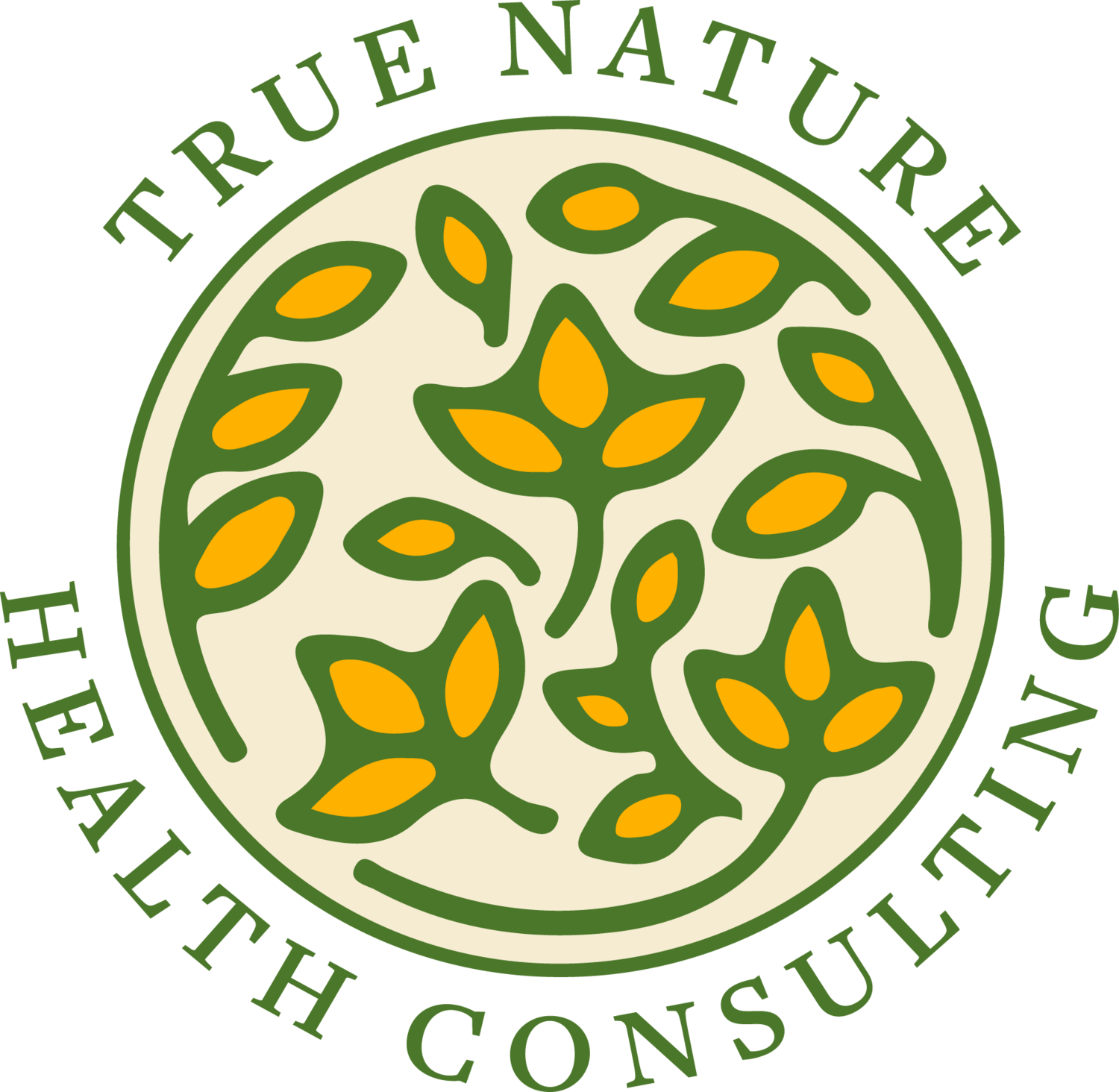Melatonin, Blue Light and Insulin: Optimizing Sleep and Blood Sugar
Melatonin and its proper nighttime regulation are critical to induce and maintain sleep. We have much to consider around light exposures and the release of melatonin from the pineal gland. Balanced circadian rhythms and melatonin release are integral to holistic health. Poor sleep can result in mood and metabolic disorders, including blood sugar dysregulation and weight gain. Gut health may also be impacted. Let’s explore the science.
A study published in the Endocrine Society's Journal of Clinical Endocrinology & Metabolism found that, when compared with dim light, exposure to room light during the night suppressed melatonin by 85 percent. While blue light often gets a bad rap, research actually shows that it is the brightness of light that has the most negative impact. Much of the research on blue light has been done on rodents which are nocturnal, and it is difficult to extrapolate from those studies to human responses. Suffice it to say that the larger the screen, the more bright light we will be exposed to, whether blue or any other color (some of which mimic daytime more than blue).
How and When Melatonin is Made
Melatonin is primarily produced in the pineal gland. Its production and release are triggered by darkness and the cessation of blue light (which stimulates thought & reaction times - a good thing during the day). Its secretion is regulated by a rhythm-generating system located in the suprachiasmatic nucleus of the hypothalamus, which is controlled by light. Melatonin is both regulated by that circadian oscillator and also acts as a darkness signal providing feedback to the oscillator. The oscillator is responsible for ensuring continued uptake throughout the night. Melatonin has both a sedative/soporific effect and an ability to entrain the sleep-wake rhythm. It also plays a major role in regulating the rhythm of body temperature.
Of course the negative impacts of blue light on these processes is a common denominator for many of us with our dependence upon electronic devices, but what about the element of blood sugar and the feedback loop between melatonin and insulin? This may be a key factor that many of us are missing and may need to consider with our metabolic processes.
Melatonin and Insulin
Several studies in the last couple of years have also now focused on a critical link between melatonin and insulin resistance or insufficiency . One 2018 study showed that the GLUT/SLC2A transporters are involved alongside the pineal gland in the ongoing nighttime regulation of melatonin through their ability to support cellular internalization and uptake of melatonin. With insulin resistance and/or lack of proper blood sugar regulation, these processes can be interrupted and cause disruption in sleep.
Numerous reports have provided the molecular components underlying the regulatory actions of melatonin on insulin secretion in pancreatic beta-cells, mainly involving membrane receptors MTNR1A/B, which would be partially responsible for the circadian rhythmicity of insulin in your body.
The consensus in the research is that the relationship is inverse, and includes the presence of melatonin receptors on the pancreas and insulin receptors on the pineal gland. This means that both inadequate and excess amounts of insulin may impact the balanced feedback with melatonin.
Insulin, Melatonin and Leaky Gut
Hyperglycemia and insulin resistance contribute to leaky gut. Because insulin resistance also inhibits vagus nerve function, hyperglycemia will create additional GI dysfunction via the vagus inhibition, yielding poor motility and increased GI inflammation. All of this contributes to the compromised relationship between insulin and melatonin regulation. These imbalances (as noted in the referenced paper above) add to infectious vulnerability and further sleep dysregulation. As you can see, as one of our major homeostatic mechanisms, blood sugar regulation plays a major role alongside light exposure and the optimal function of circadian rhythms. The impacts on gut health are significant.
Important Holistic Health Considerations
As always, we must consider the holistic approach to optimizing sleep as well as any other metabolic imbalance. In my practice, everything begins with the determination of nutritional needs based upon an individual’s biochemistry. There are no one-size-fits-all approaches, and a great example of that is the recent fad of intermittent fasting. If a person compromises glycoloysis by utilizing a process that is not optimal for their needs, this interplay between glucose, insulin & melatonin may also be compromised.
Metabolic individuality requires that we know what ratio of micronutrients is required for a person, as well as in what quantities and combinations. All foods impact us each in unique ways - what a food does for you is individual to you and to me.
Metabolic Typing® offers this individualized approach, and one of its most profound impacts is the stabilization of homeostatic mechanisms. Blood sugar regulation is one of the most critical of these mechanisms. pH balance, electrolyte imbalance, and blood pressure are others also positively impacted by MT.
In addition to creating a solid foundation with individualized nutrition, we must investigate for blocking factors that can contribute to both poor circadian function and insulin regulation. These include pathogens and toxins, virtually always at the heart of homeostatic imbalance.
The use of melatonin supplementation is another factor to consider. It must be done intelligently and also with individual considerations. In my practice, I utilize the absolute best formulations of melatonin in a liposomal form for improved bioavailability and stability.
The reduction of all bright light sources before bedtime and in the bedroom are also important for success. Also consider the use of black seed oil to support sleep in a myriad of ways, especially as an agonist of melatonin.
At True Nature Health Consulting, the approach is to surround the dragon. We want to discover all systemic imbalances and potential contributing factors with your health challenges. This is the way to progress in successful health expression. Contact me at Julie@truenaturehealthconsulting.com to talk about your needs with sleep and health. We provide holistic telehealth services.

